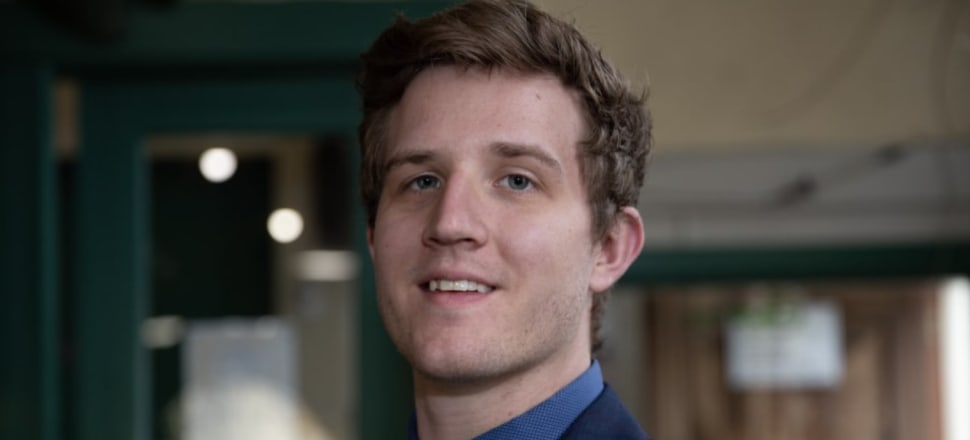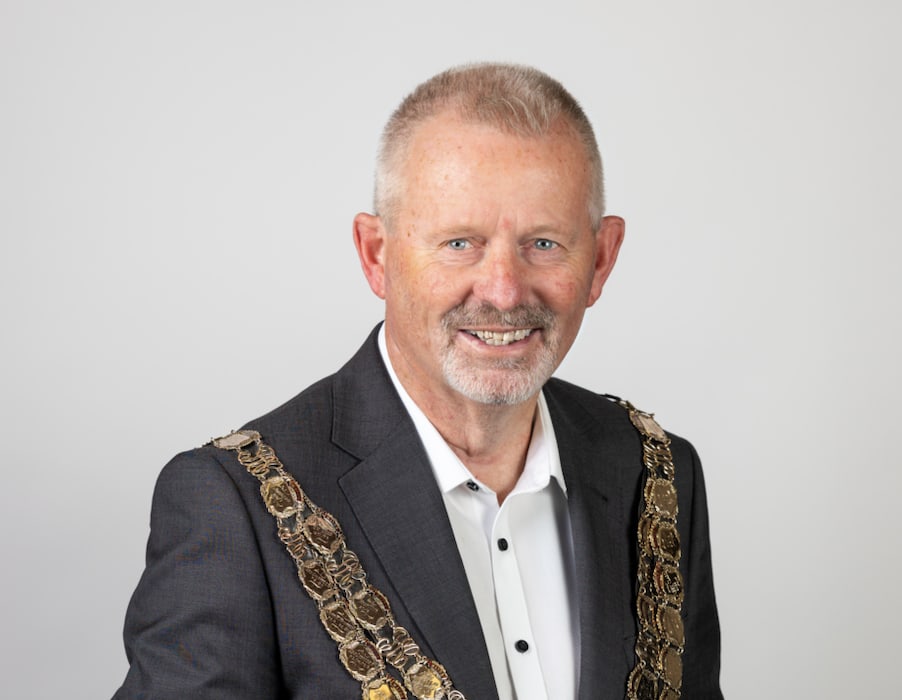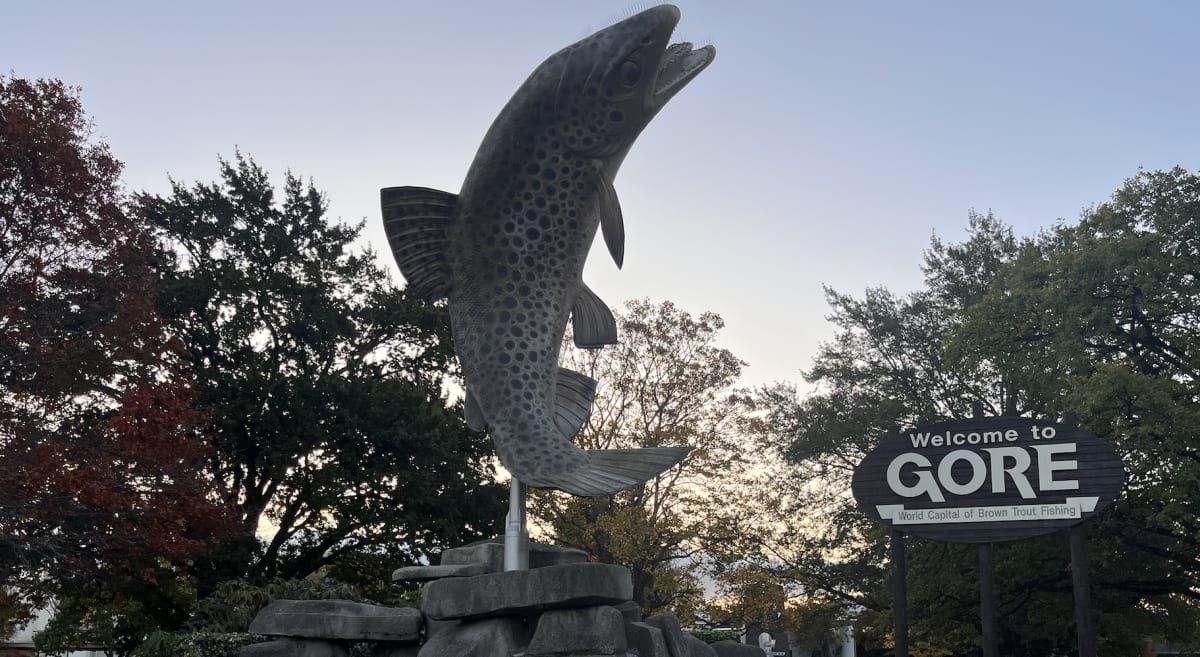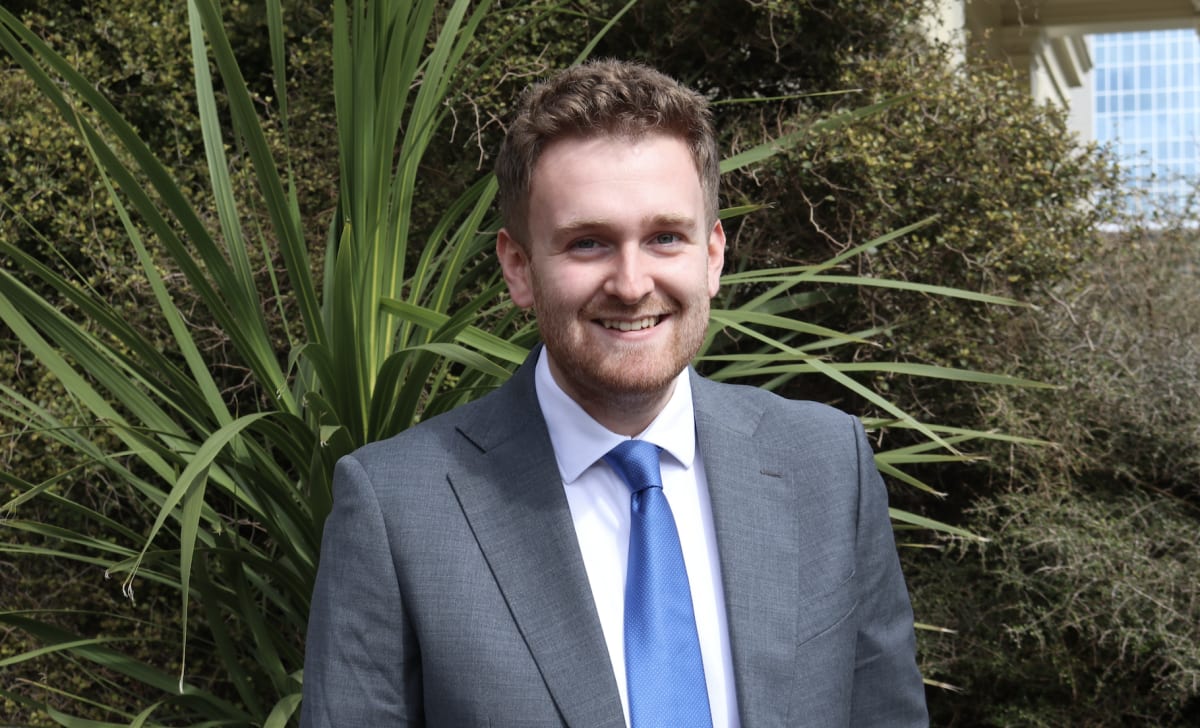
Previous council meltdowns in Invercargill and Tauranga show that calling an inquiry won't resolve Gore's mayoral problems - only goodwill and putting the community first
An independent review or any subsequent investigations are unlikely to fix the internal discord within Gore District Council’s governance group says Invercargill Mayor Nobby Clark.
“Unless the three groups in Gore, being the mayor, CEO and councillors, have the desire to really work together any number of reports will not resolve anything,” says Clark.
And Clark, who ousted long-standing Mayor Sir Tim Shadbolt at the last local body elections, can talk from experience.
Invercargill’s previous council, where Clark was deputy mayor, was plagued by controversy. And like Gore, the internal ructions that arose from within the council’s governance ranks were headline generating and hotly debated on social media.
Gore District Councillors agreed last week at their monthly meeting to an independent review to find solutions to fix the dysfunction and to restore community confidence in the town’s governance.
The veil on how bad the District Council’s governance was lifted last month when RNZ revealed that first-term Mayor Ben Bell and the Council’s CEO Stephen Parry were no longer on speaking terms. What followed was the shock resignation of long-serving councillor Bret Highsted and the revelation that confidential information had been leaked to media from an in-committee meeting. That prompted Deputy Mayor Keith Hovell earlier this month to table a notice of motion for an independent review.
The relationship between Parry and Bell has soured to the point that Councillor Richard McPhail has been appointed to act as an intermediary between the pair.
Clark says the Gore situation is “similar in a lot of ways,” to what happened at the Invercargill City Council with a breakdown between Chief Executive Clare Hadley and Mayor Sir Tim Shadbolt, as well as between the mayor and the councillors.

Governance concerns at ICC ended up on the radar of the Department of Internal Affairs and resulted in the council approving an independent governance report.
That report written by Richard Thomson made it clear the “the main protagonists” were himself, the mayor and the chief executive, says Clark.
“And the one thing I learnt from that, I guess was any number of reports will not clarify what is staring Gore in the face and the exactly same occurred for us, as well.”
Clark says instead if the council is to improve chamber relations it will take “some significant movement from all players.”
And if those at loggerheads are unable to work out their differences “there will be some blood-letting on some level,” says Clark.
The Invercargill mayor says he’s able to reflect on his council’s fractious last term because he has “a really good working Council at the moment.”
But Clark says the independent report never fully resolved the council’s governance issues because while it stated the problems and what they needed to do to move forward Mayor Shadbolt was resistant to change, he says.
“The moment the report came out he said it was a load of rubbish and that he was not bound by any of it and it was extremely hard going forward,” says Clark.
Collectively as a group councillors ended up isolating themselves from the mayor which in retrospect had “not been ideal,” he says.
“It’s a bit like you have some flammable goods in one corner and a set of matches in the other corner.
“While each of them is not a problem in their own right but it’s when they get together and so it’s when you see, that flash point you need to start thinking the only way to survive the fire is to make sure that matches don’t come into contact with the fluids or vice or versa,” says Clark.
After a few rocky years, Invercargill City Council is now in a good place governance wise and any past grievances were behind them, he says.
“I’ve got an outstanding bunch of councillors and that, includes some from the previous council, I might add, who publicly stated probably didn’t see me as a desirable character to be on council, certainly not mayor, who are now doing some outstanding work,” he says.

Death of democracy
Tauranga Ratepayers’ Alliance spokesperson Sam Hill has sage advice for Gore District councillors, the CEO and ratepayers.
“My advice to them, based on what we have seen here in Tauranga, democracy is quite precious and they need to make sure they don’t abuse that, because as we have seen here it can go quite quickly.”
And while those in governance should be able to disagree, at some point egos need to be put aside for the good of the ratepayers, says Hill.
“I think the art of local democracy is actually finding consensus and making sure that things actually happen and just being honest with people who live in your area,” he says.
Four commissioners were appointed at Tauranga City Council in February 2021 after significant governance problems were identified at the Council.
The ratepayers group, have been campaigning to get the Commissioners removed since and local body elections held.
The outlook now is that we will be with commissioners until July 2024 so closing in on three and a half years without democracy in Tauranga at local government level, says Hill.
“It was quite pathetic what happened here with the previous Council. The fact, that they were sort of bitching with each other in public, sending each other abusive texts and swearing at each other in Council meetings is embarrassing for the city.
“It’s a big reason why people sort of didn’t care why the Council disappeared because they were sort of a laughing stock,” says Hill.
Hill says those in power in Gore should put their differences aside before it reached a stage where commissioners were appointed and the town lost its’ democracy.
His advice to Gore’s leaders is “they need to buck their ideas up” and “don’t forget the big picture, that they were put there by the people who pay the rates to do a job.”

More power to the people
Taxpayers’ Union Campaign Manager Callum Purves says the Taxpayers’ Union wants to see an option of recall elections introduced so that, if people are unhappy with the performance of a mayor or councillors that there is a mechanism by which they can resolve it without having to look at something like commissioners or some external influence.
And if conflict between a council chief executive or local body politician is unable to be resolved the Taxpayers’ Union is quite clear who should resign.
“Ultimately in a democracy if there is also a conflict between elected representative and officials, so in this case we have a conflict between the mayor and the chief executive, that we are strongly of the view that the elected representative is the one that stays if there is a choice,” says Purves.








